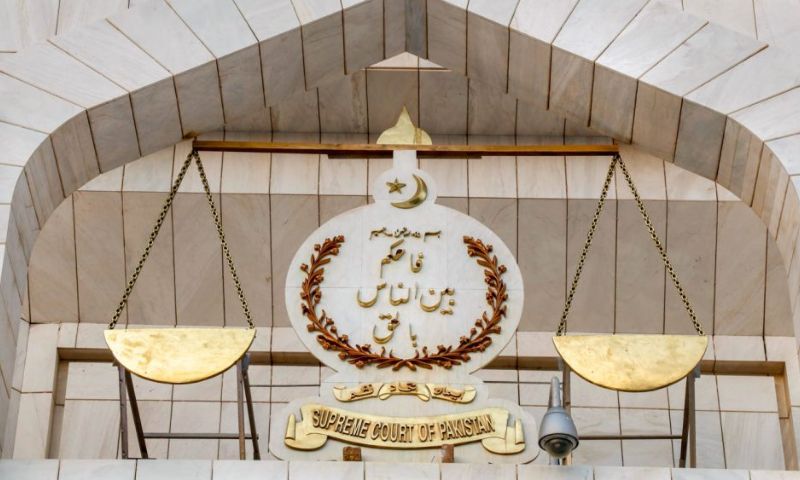ISLAMABAD: The decision to establish constitutional benches within Pakistan’s Supreme Court and High Courts has sparked debate among legal practitioners.
While intended to streamline the adjudication of constitutional issues, critics fear it may further slow down the system.
Though the bench has been formed in Supreme Court yet deliberations are underway for respective constitutional benches in the High Courts.
Pakistan’s judicial system is overwhelmed by a 60,000-case backlog at the Supreme Court. Introducing separate constitutional benches through the 26th Constitutional Amendment, the government aims to expedite politically sensitive and fundamental rights cases, theoretically allowing regular courts to focus on civil and criminal matters.
Supreme Court lawyer and Senator, Barrister Ali Zafar, voiced concerns about the lack of clarity in distinguishing the cases for the constitutional bench versus the regular court.
He pointed out that without established jurisprudence, disputes over which bench should hear a case could invite extensive legal arguments, leading to further delays.
Cases may fall into three categories: those clearly under regular courts, those solely involving constitutional questions, and a grey area where both elements are present, sparking potential jurisdictional challenges.
READ ALSO: CJP to Chair Supreme Judicial Council, Judicial Commission Sessions Today
Further illustrating the potential drawback, Barrister Salah-ud-Din highlighted the situation at the Sindh High Court, which has 36,000 pending cases.
The court has requested the litigants to specify whether their cases should be heard by a regular court or constitutional bench which is likely to cause significant delays.
He believed that it could be used by the parties seeking to delay cases under the guise of jurisdictional questions.
Critics point out that while the government aims to relieve pressure on the judiciary by forming these benches and increasing judges’ salaries and numbers, it may inadvertently create procedural bottlenecks.
The formation of constitutional benches seeks to prioritize and expedite cases involving fundamental rights, but unless clearly defined boundaries and processes are established, the reform risks entangling Pakistan’s judiciary in new layers of procedural confusion and delay.
Whether this initiative will ultimately prove beneficial or detrimental depends on swift jurisprudential clarity and the system’s ability to adapt without losing momentum.


























